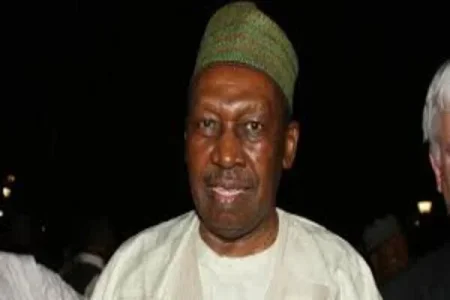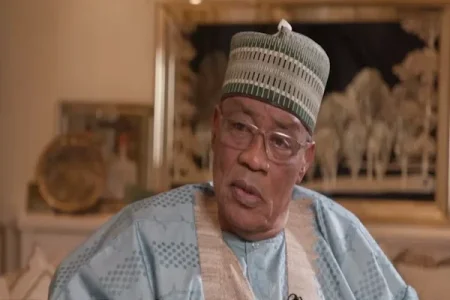
Nigeria is mourning the passing of former Chief Justice Mohammed Uwais, who died early Friday at the age of 88. A revered jurist, Uwais served as CJN from 1995 to 2006 and left behind a powerful legacy in electoral reform and judicial leadership.
- Uwais became a Supreme Court justice at age 43, later becoming Nigeria’s second-longest-serving CJN.
- He chaired the Electoral Reform Panel under President Umaru Yar’Adua, pushing for electronic voting and independent electoral bodies.
- Described as a man of “integrity and vision,” Uwais laid foundations that still influence Nigeria’s legal and democratic systems today.
- Human rights advocate Prof. Chidi Odinkalu called him “a truly good man” and a mentor.
- Ondo’s Attorney-General, Kayode Ajulo, praised his reforms as “transformational.”
Mohammed Uwais wasn’t just a legal mind, he was a bridge between tradition and innovation. His recommendations on electoral reform remain part of national conversations nearly two decades later. For many, his approach to public service remains the gold standard in an era where trust in institutions is declining.
As Nigeria reflects on Uwais’ legacy, his contributions offer both a blueprint and a challenge: will today’s leaders rise to his standard?




